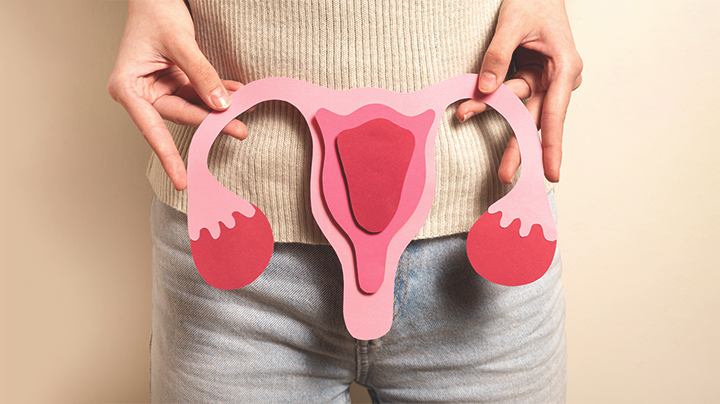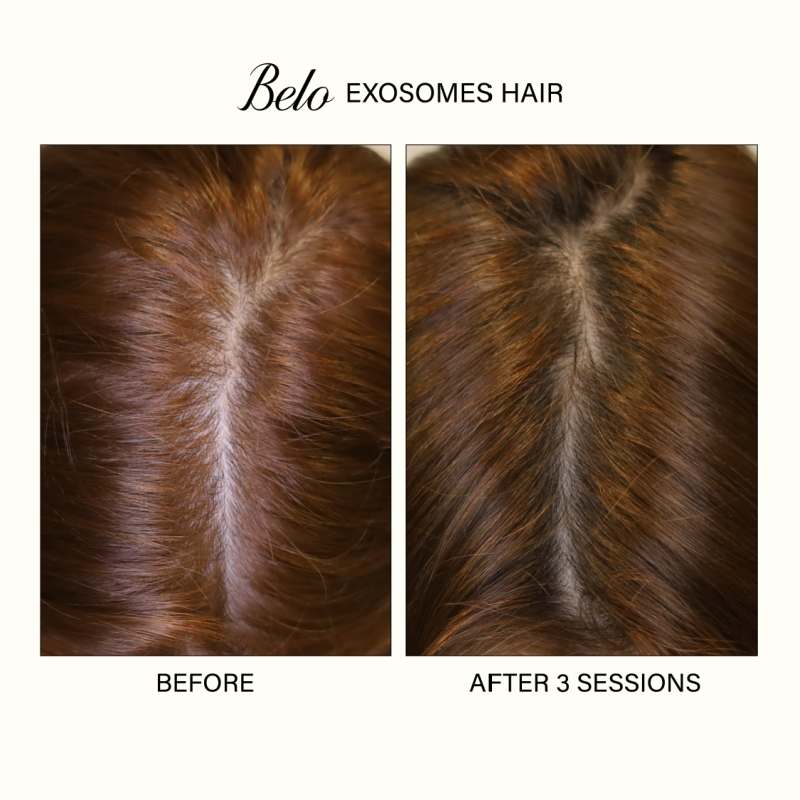PCOS-Friendly Skincare Tips Amid Hormonal Imbalance
April 18, 2024

Unfortunately, PCOS affects many women of reproductive age, with an estimate of about 4.5 million Filipina patients diagnosed. We sat down with Belo Medical Group’s Deputy Medical Director Dr. Jacqueline Luna to tell us more about it, and how we at Belo can help!
Dr. Luna: Polycystic ovary syndrome (PCOS) is a common hormonal disorder that primarily affects women of reproductive age. It is believed to be caused by a combination of genetic and environmental factors. One of the features of PCOS is an imbalance in sex hormones, specifically an increase in androgens (male hormones) like testosterone. This hormonal imbalance can lead to various symptoms and complications.
Dr. Luna: Many individuals with PCOS have irregular or absent menstrual periods due to disrupted ovulation (release of eggs from the ovaries). This makes it difficult for them to conceive. While the term “polycystic” implies the presence of multiple cysts on the ovaries, not all individuals with PCOS will have visible cysts. In fact, the name is somewhat misleading. Doctors diagnose the condition based on a combination of symptoms and hormonal markers rather than the presence of cysts.
Dr. Luna: PCOS can cause a wide range of symptoms. These include irregular periods, heavy or prolonged menstrual bleeding, acne, hirsutism (excessive hair growth in places where men typically grow hair, such as the face, chest, and back), hair loss, weight gain, and difficulty losing weight. Many PCOS patients also have insulin resistance. This means their cells don’t respond well to insulin, leading to higher levels of insulin in the blood. This can contribute to weight gain and increase the risk of type 2 diabetes.
Why is it more ‘common’ nowadays?
Dr. Luna: PCOS has become more common in recent years, and several factors may contribute to this increase, such as changes in lifestyle, improved diagnosis and increase in environmental toxins. Sedentary lifestyle and diets high in processed foods and sugars can contribute to insulin resistance and weight gain, exacerbating PCOS symptoms. Greater awareness of PCOS and advances in diagnostic criteria have led to diagnosing more women. Some researchers have explored the role of environmental toxins, such as endocrine-disrupting chemicals, in the development of PCOS.
Dr. Luna: Treatment for PCOS typically focuses on managing symptoms and addressing underlying hormonal imbalances. Healthcare professionals often recommend lifestyle changes, including regular exercise and a balanced diet, to improve insulin sensitivity and assist with weight management. They may prescribe medications to regulate menstrual cycles, control androgens, and enhance fertility. The specific treatment plan varies from person to person, depending on their symptoms and goals. Here are some common concerns that PCOS patients might seek treatment for and potential Belo treatments that could be considered:

It’s important to know that these cosmetic treatments may help improve the appearance of certain PCOS-related symptoms but do not address the underlying hormonal issues or provide a comprehensive solution for PCOS management. PCOS should be managed holistically. These often involving lifestyle modifications, medications to regulate hormones, and other interventions tailored to the individual’s specific needs.
Let a Belo Medical Group doctor help you out with your PCOS skin concerns! Call 8819-BELO (2356) or click here to book a consultation.